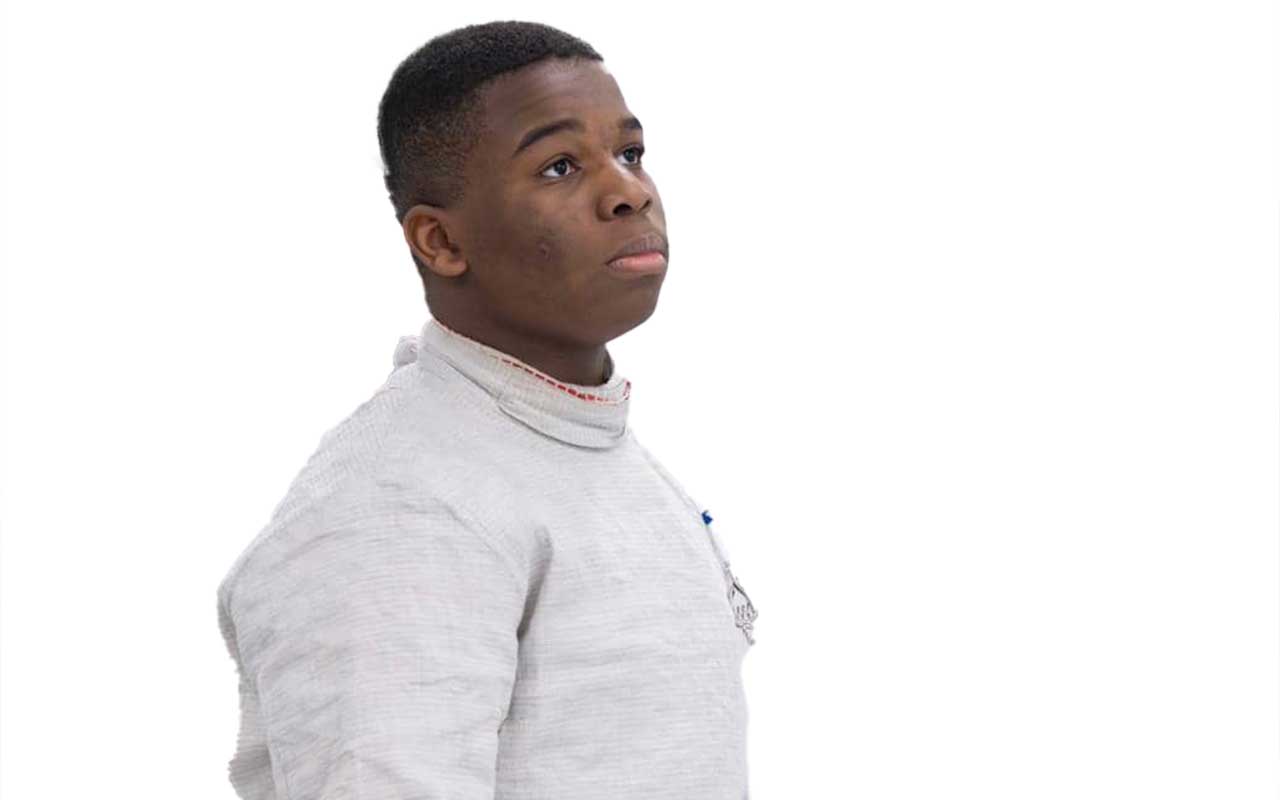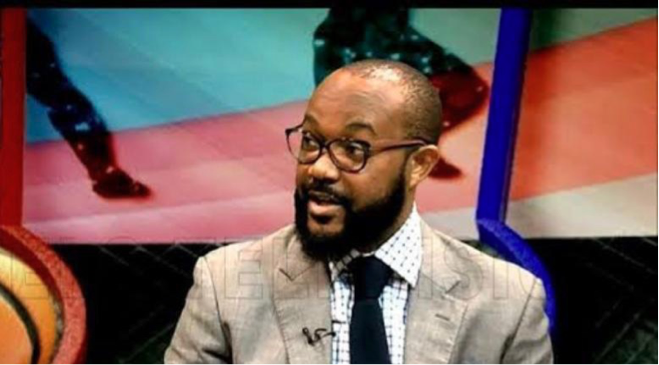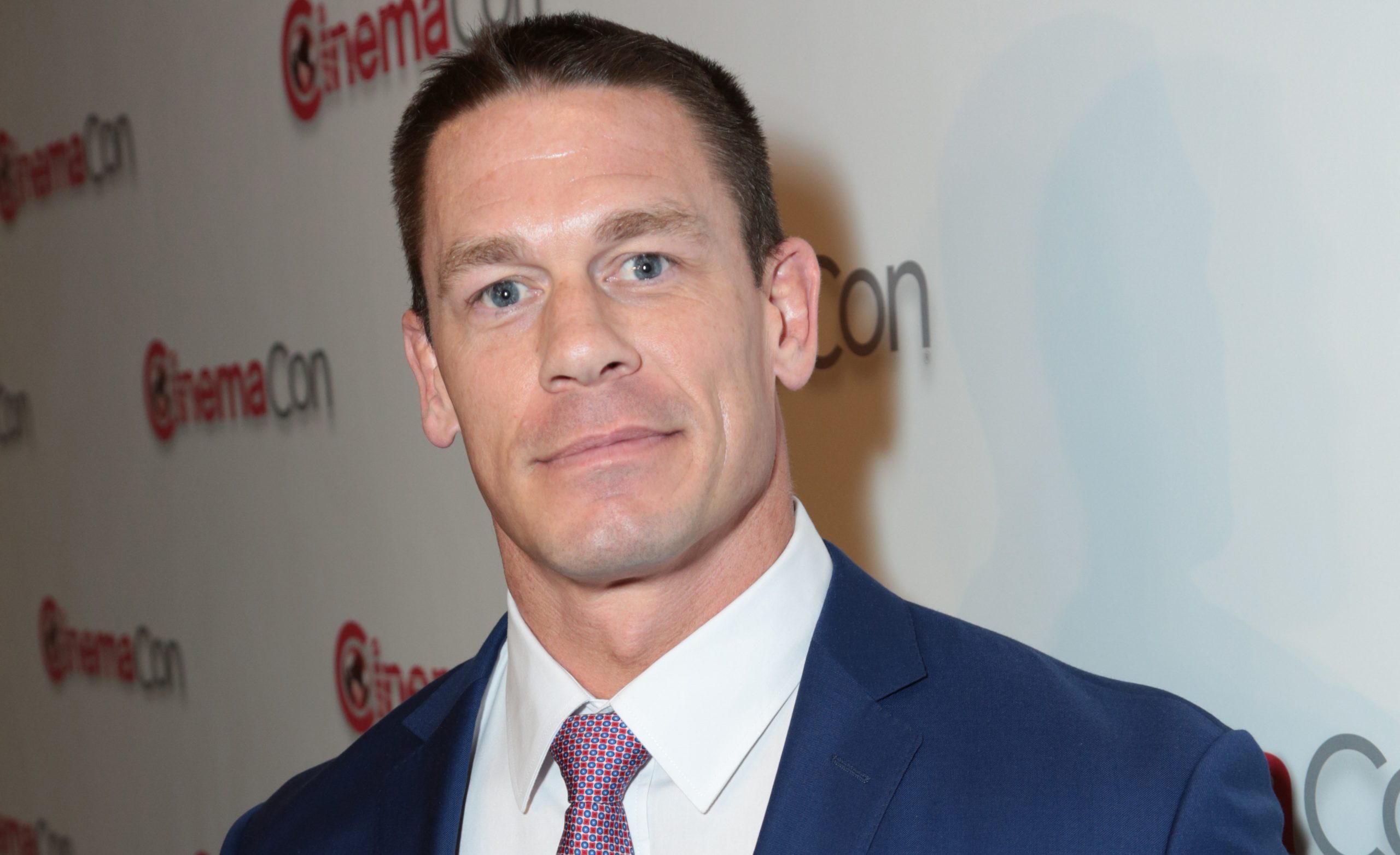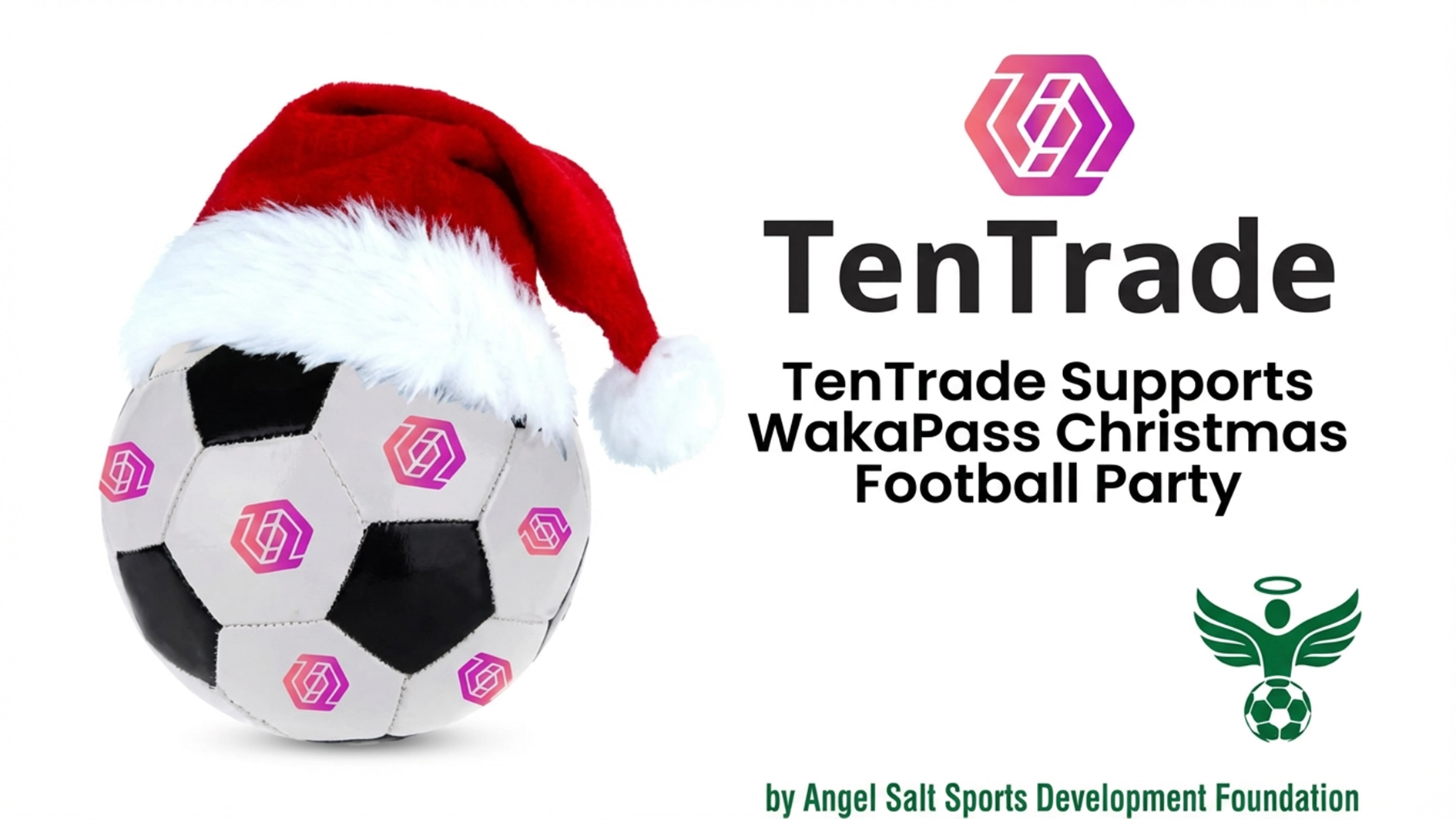
Fencing is one of the fastest growing sports in the country. The sport, which narrowly failed to qualify for the Paris 2024 Olympics, losing in the final qualifying hurdle to African giants, Egypt and Tunisia, has been on a grassroots development programme that has seen it producing talented young fencers in recent years.
Now, having gotten so close to making it to the last Olympic Games, the Nigeria Fencing Federation (NFF) has started a programme that would ensure that it doesn’t miss the cut at the next Games in Los Angeles in 2028.
At a parley with media executives in Lagos, president of the Fencing Federation, Adeyinka Samuel, said that the federation aims to make the sport popular and get as many people as people interested in it. That way, he added, the body will have enough talents to build into world class fencers.
He said part of the development programme is to ensure that fencers attend as many championships as possible, both home and abroad, adding that the essence is to make the athletes be abreast of every new innovation in the sport.
“As a federation, we have four cardinal objectives. Our objective is to host as many championships as possible because it will help us get as many Nigerians as people into the game. Travelling for these competitions in Europe or any other foreign country requires a lot of money and when we bring such events to Nigeria, our budget is lower and we have more Nigerians participating.
“Hosting these competitions also motivates people to partner with us, and it also helps us to create awareness within the sport when top fencers do their thing in Nigeria.
“The second arm is to develop elite fencers to world-class athletes and we have a programme that we are following to develop athletes for the sport.
“Currently, we are training about 10 coaches in a high breed programme with a company based in Europe. They are doing online training in the initial stage. The second phase is physical when the trainers will come in to help us develop as many coaches as possible, including officials, referees and all of that because we want to have our people certified to officiate in competitions.
“The third arm of it is that we know that the grassroots is where the talent is and we have been working with SUBEB in a programme where we go into less privileged communities to unearth talents. We have gone to at least nine local councils, Shomolu, Mushin, Lagos Island and different other places, where have set up our hubs to train as many as 200 children for the sport.”
Samuel said that the plan is to identify talented children and then enrol them in some private schools that are in partnership with the federation for further training and education on scholarship.
He said: “Apart from training them to be good sportsmen and women, we also look at how to make their lives better. So far, we have sponsored 10 students on this programme since 2017. These are male and female students because we believe in equal opportunities.
“The first set graduated last June with excellent results from Noble House College, Abeokuta. They did six years there on full scholarship.
“Two of them, Wisdom and Temilade competed at the African Championships in 2022, where Nigeria won 12 medals in all and finished third behind Egypt and Tunisia. South Africa was fourth. These two children won four medals between them, two gold, one silver and one bronze. They came through this programme. They had never been part of fencing until we brought them into this programme.
“Wisdom and Temilade were discovered through our development programme; they came from our Shomolu hub. We work through SUBEB because the athletes must meet a certain academic standard. Wisdom is likely to go to the World Championship in Saudi Arabia this year.
“These are some of the athletes we want to highlight in terms of how they have really come a long way. Their story is incredible. We also have a general programme where we go to schools and just create awareness, to create interest in the sport.”
The NFF boss disclosed that the federation has a state of the art facility in Lekki, Lagos, where it trains fencers and hold most of its activities.
“We have four athletes doing fantastically well. We have a lot more, but I will just talk about these four. One of our athletes, Nkosi Brou, was at the Olympics qualifiers, where he finished in the quarterfinals. He fenced against the guys that won medals at the Olympics and they barely beat him, It was such a close fight.
“What is really more interesting is that all these guys are in their late 20s and early 30s, but our kid is barely 16. His record is incredible and he has gone to several competitions and is currently ranked 37th in the world. That is super interesting because it means the future is bright.
“At the start of the season, we draw up programmes for our athletes. We just finished drawing up a programme for Brou and he has about nine competitions coming up within three months, starting from September to January. That is the sort of level that he is in.
“We also have a 16-year-old lady called Somto Eribene, who is ranked 67th in the world. She is doing incredibly well. She actually finished in the semifinals in the Olympics qualifiers. She couldn’t make the Olympics because it is zonal qualifiers and only one person qualifies from Africa in her class. She has a line of competitions she will attend this season and we are very certain that between these four athletes, we will have at least two in the Olympics in 2028.”
Samuel said that Nigeria has never been represented in fencing at the Olympics, although a Nigerian once qualified for the Games but did not participate because of some extraneous issues.
He explained that Nigeria is ready to host as many championships as possible because it helps the athletes to get enough points to rise in the world rankings.
“The World Cup is not like the football world cup. It is a prestige event where the winner gets points in it. There are different weapons, foil and epee. We will host a male junior epee championship which is for ages 21 below.
“When we hosted the African Championship, we hosted all weapons, male and female, as well as senior and junior. Now, we are taking all the necessary steps to host an impressive World Cup because we have all that it takes to host it.
“The budget we have to host it is already being prepared and because its is a point awarding championship, so many people are gearing up to come to the World Cup in Nigeria.”
“The NFF has hosted three international tournaments since 2018, two African championships and one World Championship and those are major achievement. As a result of such tournaments, we are now the leading sub-Saharan African country in hosting fencing championships,” he said.
He said hosting these championships ensures that Nigerian athletes have the opportunity to test their talents against the best from across the world without leaving the country. “The best fencing countries in Africa, Egypt and Tunisia, medalled at the Olympics… Egypt a got bronze medal and Tunisia got silver. They are not just some of the best in Africa, but they are also among the best in the world.

“You can see how far we have come. It is interesting that apart from the top countries in Africa, Nigeria is the only country in Africa hosting major international competitions. Right now, between now and December 2026, we will host the World Cup, which is open to all the 155 nations fencing nations.
“Nigeria is the only country in sub-Sahara Africa with the right to host the World Cup. The others are Egypt and Tunisia. We are hosting a senior African championship in June/July next year. The date has not been fixed. It is most likely to be in June,” he said.
Samuel said that hosting the World Cup ensures that the country’s fencers get required competition and experience at less cost than it would be when they travel overseas for such opportunities.
He also said that hosting the World Cup successfully gives the country opportunity to retain the staging right, adding that Nigeria is also at the forefront of the Commonwealth Fencing Championship in 2026.
“Fencing was removed from the Commonwealth Games several years ago because the entries from countries were not enough as stipulated by the rules. As a result, there has been a lot of effort to get it back into the games.
“There is a high likelihood that after this Commonwealth Championship, we will get enough countries to get it back into the games. So, for us it is a major tournament because we are talking about 500 to 800 athletes coming to Nigeria.
“What is even more impressive is that it has never been hosted in Africa and Nigeria will be the first African country to host the Commonwealth Championship, which is a great achievement.”
Samuel regrets that many Nigerians don’t know what fencing could do for the country in terms of creating good image and available medals at major championships.
He explained: “In fencing, the minimum medals available is 34. There are men and women categories as well as three weapons for each, which comes with three medals per category. The Olympics is slightly different because it awards only three medals in each category, while others award four. This is because in other championships, the beaten semifinalists share the bronze medals, while at the Olympics the beaten semifinalists fight for one bronze medal.”
He said that the fencing federation considers several factors before recruiting young talents into its programme. These include family background and experience.
“When a kid has not eaten, you cannot teach him anything. So, we first feed them before we start training them… we also get their parents to see the bigger picture.
“We try to put them in boarding school because it removes them from their environment. They mix with the right kids, which brings out the best in them. One of the schools in Rainbow College.”
The Fencing Federation president said that the programmes are currently concentrated in Lagos, adding, however, that the body is trying to spread its activities to other parts of the country.
He added: “We are looking at Akwa Ibom and Rivers states. People in Abuja are also inviting us to come and start the programme in the FCT. We have pockets of events in these states, but they are not as big as what we have in Lagos.
“We have many local competitions and we host two competitions every three months, but we want to increase it so that we have one competition every month. We have individual competitions and clubs’ competitions in different age grades.”
He picks poor funding as one of the problems dogging the federation, saying that federation is trying to solve the funding issue by creating awareness about the sport and getting corporate bodies to key into it.
“We have had Lagos State support us in the past. The NOC has also supported us in the past, but it doesn’t scratch the surface, that is the reality. What we get from international bodies also does not scratch the surface. So, we are looking at ways to get individuals and corporate Nigeria to support us.”






